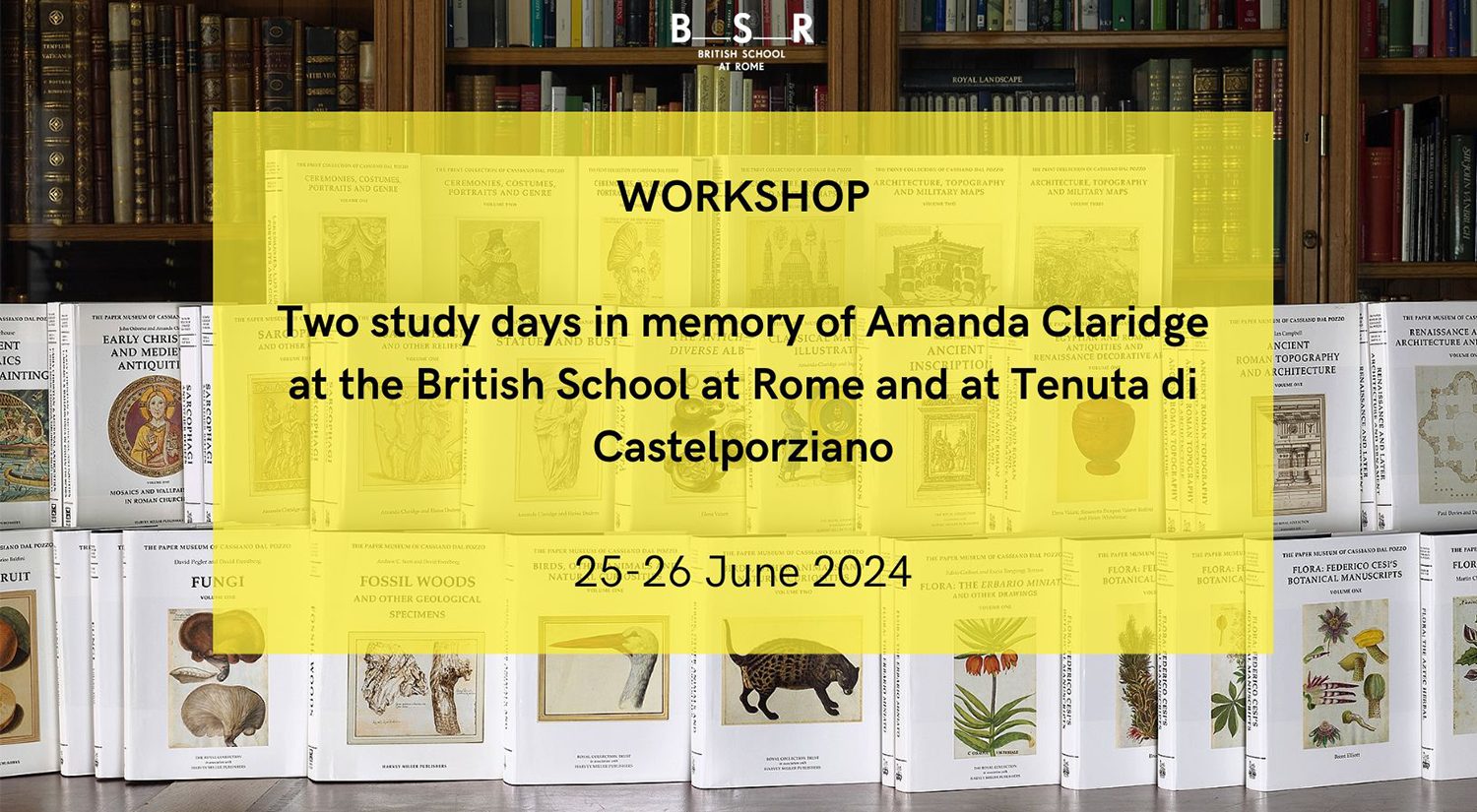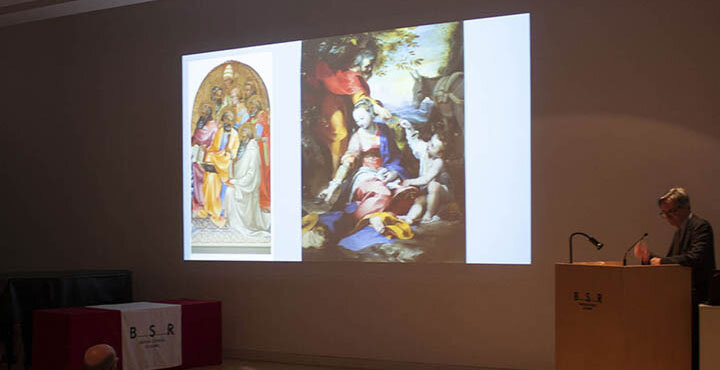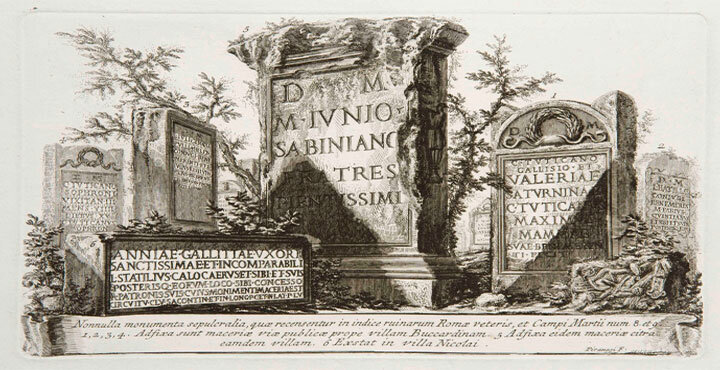This paper will address the early modern understanding of the Book of Job as a text enmeshed in, indeed at the centre of how creation and the science of creation might be reckoned. Job was the chaotic and raucous twin of Genesis, a text that described in its whirlwind theophany what happened at the origins of the universe, not as the orderly sequential unfolding of events, but rather an anti-creation narrative, not what happened, but the insufficiency of humans to grasp its complexity. As such, the book of Job served as a testament and model of the unintelligible, the apophatic and the symphonic unknowability of the world. The paper will address the phenomenal breadth of reference to Job, the numerous ‘paraphrases’ and prose renderings of its ‘argument’, the annotative and commentary tradition, and the writing of natural philosophers, attending to how the book’s turbulent poetics systematically undoes any human logic, and which produces a thoroughgoing nescience. This event will take place in English.










